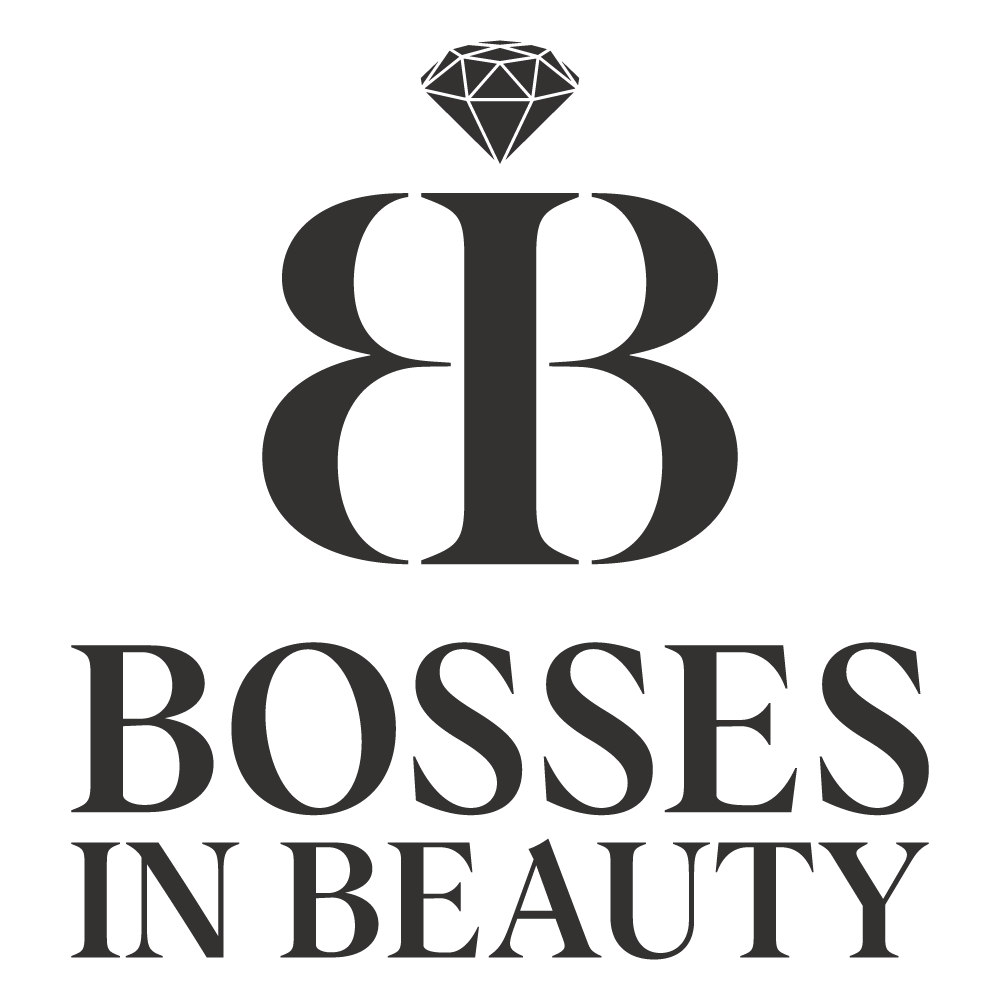How To Get Your Esthetician License

Choosing to become a licensed esthetician will open the door to an exciting new future. You’ll have the opportunity to improve the lives of your clients while doing what you love and earning a solid income.
But every skincare guru has to start somewhere! If you’re considering a career move into esthetics, you’ll want to know how to establish yourself in the field. Today, we’re discussing the steps to becoming a licensed esthetician to help you get started!
What are the licensing requirements for estheticians?
Esthetician licensing requirements depend on where you plan to build your business. Take a closer look at these conditions:
Do licensing requirements differ between states?
Each state oversees licensing for estheticians practicing within its jurisdiction. Generally, the requirements include completing an accredited training program that meets the state’s minimum hours, passing theoretical and practical exams, and earning continuing education credits.
Do you need to go to a...
Opening a Spa Business: Tips for Success

Plenty of estheticians dream about opening their own spa business. They might imagine cultivating the perfect environment, crafting a luxury spa menu, and providing expertly curated treatments to high-end clientele.
If that sounds like you, you’re not alone! But you’ll need to work out the logistics before diving into this endeavor. Join us for a complete guide to opening your own spa and becoming a successful business owner.
What to know before opening a spa business
Before planning your grand opening, here are some key aspects you’ll want to nail down:
Reviewing your finances
Your personal finances will likely serve as a foundation for business loans and other funding. This is also a good time to calculate startup costs, overhead, and other business expenses.
Understanding licensing requirements
Each state has distinct requirements for spa businesses. You and your staff must be compliant in order to stay in good standing with your jurisdiction’s oversight board. Understand t...
What Is the Average Esthetician Salary?

Many estheticians around the country have lucrative, fulfilling careers. Each day, they get to do what they love, improve the lives of their clients, and add beauty to the world. Of course, some of these professionals make more money than others.
So, what kind of salary can you expect to earn, and how can you maximize your bottom line? Today, we’re crunching the numbers to answer all your questions about what the average esthetician salary is in the United States.
How much can you make as a licensed esthetician?
Understanding your earning potential is critical for any successful esthetician. Here’s what you can expect from a career in the industry:
National average salary for licensed estheticians
In 2023, the national average salary for licensed estheticians and skin care specialists was $51,100 or $24.57 per hour. The bottom 10% made $27,600, while those in the 90th percentile took home around $81,320. However, it’s important to remember that these are only averages and don’t n...
Is Botox Injection Training Right for You?

Botox injection training can add to your professional repertoire and can expand your client base. Whether you’re a medical professional or a licensed esthetician, completing a Botox training course can open the door to increased revenue. Requirements vary by state, so you’ll need to ensure you’re fully qualified to perform these injections in your area. Join us as we discuss everything you need to know about training to administer Botox injections!
What training do you need for Botox injection?
Most Botox training courses are intended for medical professionals, including physicians, registered nurses, nurse practitioners, physician assistants, and dentists. However, some states allow licensed estheticians to perform this service as well.
What does Botox injection training prepare you for?
During your Botox injection training course, you’ll learn how to safely and effectively administer botulinum toxin and other FDA-approved injectables. In some cases, they might include education...
What Do Estheticians Do?

What Do Estheticians Do?
The esthetics industry can offer countless opportunities for those with a passion for beauty, skin care, and anti-aging treatments. But what will you actually do on a daily basis as an esthetician?
If you’re considering a leap into this lucrative field, you’re in the right place! Today, we’re talking about the fundamentals of a career in esthetics and what it takes to get there.
What is an esthetician?
An esthetician is a licensed skin care professional who treats clients with a range of products and services. Here’s a closer look at the job.
What services do estheticians provide?
As a whole, the field is dedicated to providing clients with cosmetic treatments. But the aesthetic umbrella covers a wide range of services. Some professionals focus on facial therapies and anti-aging solutions like microneedling. Others concentrate on hair removal through waxing services or laser treatments.
Where do estheticians work?
In the past, you might have only foun...
Most Profitable Esthetician Services

Whether you’re new to the esthetics industry or an experienced pro, it’s important to keep an eye on the most popular — and lucrative — esthetician services. After all, skincare trends may come and go, but overhead lasts forever.
Join us as we discuss the most high-paying, in-demand esthetician services to help you decide which way to take your career.
What esthetician services make the most money?
While the price of esthetic services varies by location, practitioner, and other factors, some aspects of the field are consistent money-makers. Here are a few to consider:
Skin therapy
Skin therapy is the art of achieving and maintaining healthy, youthful skin. It includes a wide range of treatments to protect skin from signs of aging, such as wrinkles and hyperpigmentation. The applications span from facials and chemical peels to microneedling and lymphatic massage.
With so many focused on looking young and vibrant, it’s no wonder this is one of the best-paying esthetician jobs.
Wa...
Master Esthetician: What It Takes To Become One

If you’re passionate about skincare and helping people look and feel their best, you might wonder how you can utilize your skills as a master esthetician. It turns out that the process is relatively straightforward, depending on your location. In fact, many states don’t recognize master estheticians with dedicated licenses.
Today, we’re discussing the differences between a standard esthetician and a master esthetician and how you can advance in your beauty career.
What is a master esthetician?
A master esthetician is a highly trained skin care professional who can offer advanced treatment techniques. Here’s how they differ from your average esthetician:
What sets master estheticians apart?
Master estheticians undergo extensive training to help their clients manage a range of skin conditions with products and beauty treatments. They’re anti-aging specialists who understand how to work with different skin types to give their clients a healthy, youthful glow without plastic surg...
How Long Is Esthetician School?

If you have a passion for beauty and want to help people look and feel their best, the first step to becoming a licensed esthetician is enrolling in beauty school. But before signing up, you’ll want to know what kind of commitment you’re agreeing to and what you can expect to get from a training program. Today, we’re discussing the ins and outs of esthetician school so you can begin planning for the future.
What is esthetician school like?
Every esthetician school is different, but they all have similar goals: to help aspiring skin care specialists become knowledgeable industry experts. Here are some common questions about cosmetology school:
Are there any prerequisites for esthetician school?
While there aren’t any prerequisite courses you need to take before enrolling in beauty school, most require a GED or high school diploma, photo identification, a completed application, and sometimes an application fee. In rare cases, you may need to pass an entrance exam.
What kinds of p...
Esthetician Websites: A Key Tool to Long Term Success

With the digital world being as prominent as it is for both individuals and businesses alike, how you establish, cultivate, and maintain your online presence has a considerable impact on the willingness of others to engage with your content and services.
The influence that a well-designed website has on the potential to acquire clientele – that’s why we’re reviewing the importance of a website and how establishing a credible esthetics business website can amplify your potential.
Reasons why you need a website
Having a website is more than just a way to list out skin care products for sale or services provided at your studio. Crafting a platform within the digital world is a wonderful way to elevate your business model and get your business’ name out there.
Below we’ve outlined three reasons as to why creating a website for your esthetician business may simplify your job as a business owner.
Potential clients find local businesses online
Let’s take a step back and think about how...
Esthetician vs Dermatologist: Choosing a Career Path

Estheticians and dermatologists are both dedicated to skin care. Depending on the state, their roles may overlap. They might even work side by side in certain establishments like medical spas.
However, there are some significant differences to consider. As an esthetician, you’ll want to know when to refer a client to a dermatologist.
Today, we’re comparing dermatologists vs estheticians to clear up any misconceptions and help you guide your clients in the right direction.
The role of a dermatologist
A board-certified dermatologist is a medical doctor or doctor of osteopathic medicine who specializes in skin, nail, and hair health. Most people should visit their dermatologist every year or two to prevent skin cancer.
But for other skin-related concerns, keep the following practices in mind when helping your client choose between an esthetician vs a dermatologist.
Diagnosing skin conditions
Dermatologists are qualified to diagnose and treat all types of skin issues. They shoul...



